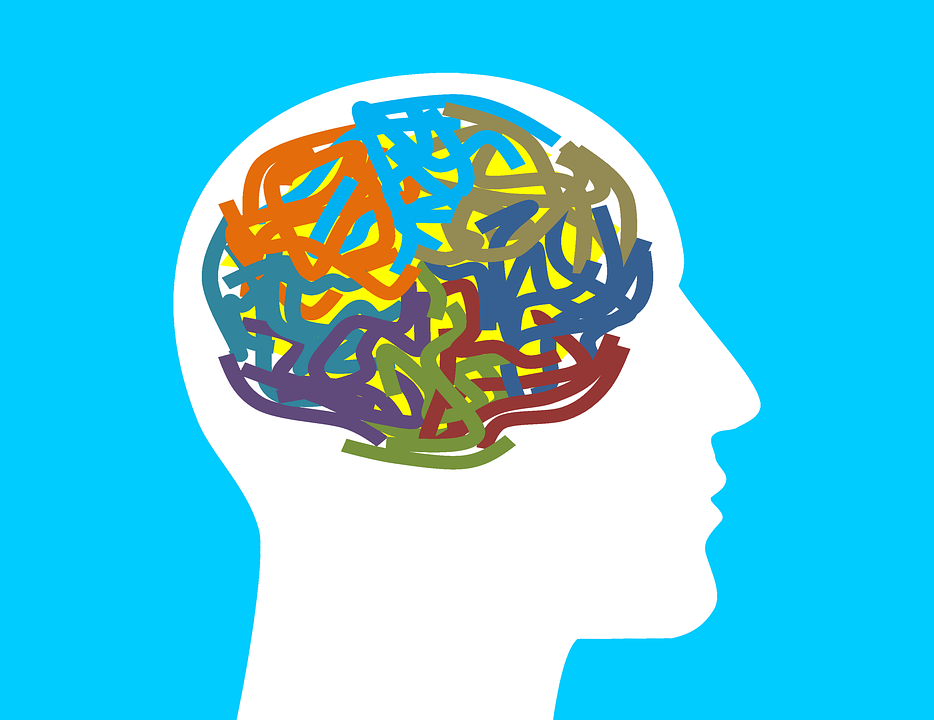The intersection of psychology and spirituality has long captivated the human spirit. In the teachings of the Bahá’í Faith, this convergence becomes not a mere point of curiosity but a profound avenue for understanding the essence of humanity. The principles laid forth within this faith offer a unique perspective, combining both psychological insight and spiritual enlightenment. This article delineates how the Bahá’í teachings elucidate the symbiosis of these realms, providing a comprehensive overview of the profound implications for the individual and society at large.
At the heart of the Bahá’í teachings lies the belief in the oneness of humanity. This concept serves as both psychological and spiritual cornerstone. By acknowledging our shared human origins, one can cultivate a deeper empathy and understanding toward others. This empathy is not merely an emotional response but a psychological framework that encourages active engagement with diverse cultural, spiritual, and individual expressions. One might liken this to the intricate network of roots that nourish a tree; although their paths diverge, they ultimately converge to sustain the same life force.
Bahá’í teachings also emphasize the material and spiritual dimensions of life. Each individual is considered a manifestation of God’s attributes, possessing an inherent nobility. From a psychological standpoint, this inherent value fosters self-esteem and resilience. Understanding oneself as a reflection of divine qualities instills a profound sense of purpose. Moreover, this realization prompts a quest for self-actualization, analogous to a butterfly emerging from its chrysalis, striving for transformation and ultimately reaching its potential.
The Bahá’í concept of the soul transcends the corporeal plane, asserting that the soul is immortal and evolves through a series of earthly experiences. This notion aligns intriguingly with psychological theories on development and growth. Psychologically, understanding the soul’s journey can provide individuals with a larger existential framework, encouraging them to navigate life’s challenges not as mere obstacles but as opportunities for growth and redemption. Thus, the Bahá’í perspective enriches the individual’s psychological resilience, transforming tribulation into transcendence.
A significant aspect of the Bahá’í teachings is the importance of unity in diversity. This principle asserts that while human beings are diverse in their identities, beliefs, and cultures, they are fundamentally united in purpose. From a psychological viewpoint, this highlights the necessity for collective well-being and social harmony. Discrimination, prejudice, and division are not only moral failings but also psychological hindrances that impede collective growth. When one engages with the world through the lens of unity, the psyche is liberated from the chains of division and conflict, allowing for a more tranquil existence.
The challenge of balancing material pursuits with spiritual aspirations is another theme prevalent in Bahá’í teachings. The contradiction between the pragmatic demands of life and the idealistic pursuits of the spirit creates a tension that fosters personal growth. Psychologists often speak of cognitive dissonance—a state in which conflicting beliefs cause discomfort. The Bahá’í teachings advocate for a harmonious balance, encouraging individuals to seek material progress while simultaneously cultivating the spirit. This duality can be metaphorically encapsulated in the image of a bird; to soar high into the skies of spirituality, one must also possess sturdy wings of material understanding. Both elements are essential for flight.
Prayer and meditation play a critical role in the Bahá’í Faith, serving as conduits for spiritual and psychological healing. These practices facilitate introspection and foster inner tranquility, akin to a calm lake reflecting the serenity of the sky. Regular engagement in such activities can alleviate anxiety, promote well-being, and enhance one’s connection to the divine. In this way, prayer and meditation are not merely spiritual exercises; they are also profound psychological tools that enhance self-awareness and emotional regulation.
Furthermore, the Bahá’í teachings underscore the significance of service to others as a mechanism for personal and collective development. Engaging in acts of service fosters a sense of belonging and connectedness, which are crucial aspects of psychological health. Such interactions strengthen societal bonds and enhance emotional intelligence, reflecting the Bahá’í conviction that true happiness is found in the well-being of others. This relationship can be likened to the symbiotic coexistence found in nature, where each entity contributes to the flourishing of the ecosystem.
In examining the Bahá’í view on education, one finds another confluence of psychology and spirituality. Education is seen not solely as an acquisition of knowledge but as a comprehensive cultivation of the individual’s faculties—intellectual, moral, and spiritual. This holistic approach aligns with contemporary psychological theories advocating for a well-rounded development. Education in the Bahá’í framework is not confined to the classroom; it embodies a lifelong journey of inquiry and empowerment. Just as the mighty river carves its path through the landscape, education shapes the individual, influencing their character and purpose.
In summation, the teachings of the Bahá’í Faith weave together the threads of psychology and spirituality into a fabric of profound understanding. By embracing the tenets of unity, the inherent value of the soul, and the importance of both material and spiritual pursuits, individuals can achieve a harmonious existence. As one navigates through life’s complexities, the Bahá’í teachings offer a guiding light, illuminating the path toward psychological well-being and spiritual growth. The convergence of these realms serves as a testament to the multifaceted nature of human existence, inviting all to partake in the exploration of this intricate tapestry of life.
